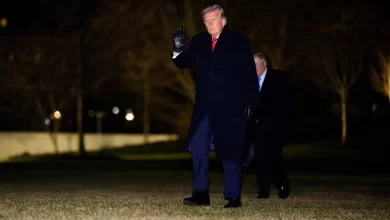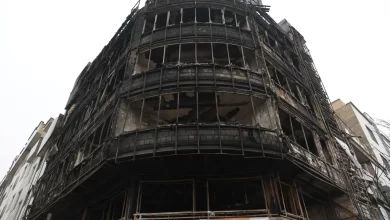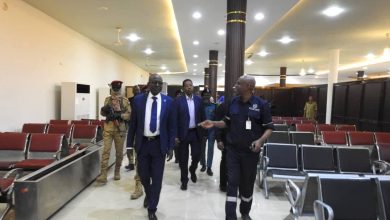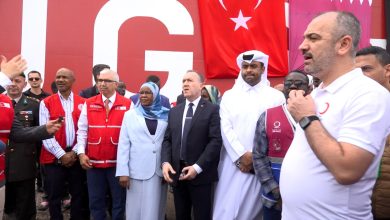IGAD’s Summit: Political Maneuvering or War Ending?
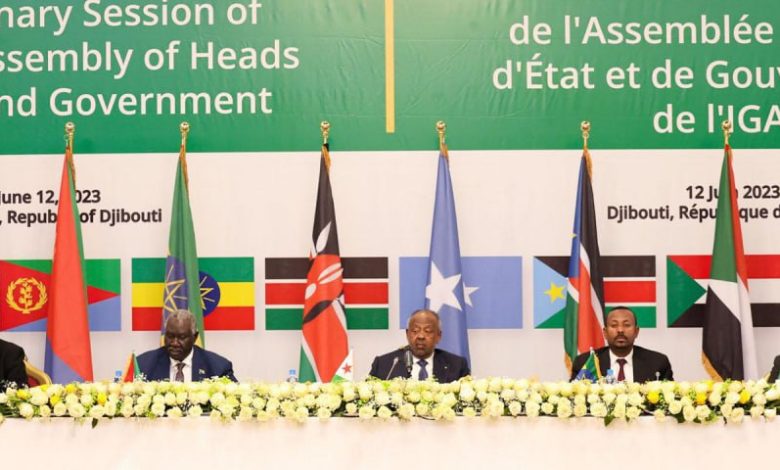
Agencies – Sudan Events
Amid a remarkable regional and international presence, an extraordinary summit is being held today, Saturday, in Djibouti, for the heads of state and government of member states of the Intergovernmental Authority for Development (IGAD), to discuss ending the war between the Sudanese army and the Rapid Support Forces (RSF).
A summit that the US State Department said its special envoy for the Horn of Africa, Mike Hammer, is attending, to express Washington’s support for regional and international efforts to end the conflict in Sudan, promote democratic transformation, pressure for unhindered access to humanitarian aid, and support justice and accountability for victims of violence.
IGAD said in a statement issued on Friday that the 41st extraordinary session of the IGAD for heads of state and government will be held on Saturday in Djibouti.
IGAD, or the Intergovernmental Authority on Development, is a sub-regional African governmental organization founded in 1969, headquartered in Djibouti, and comprises in its membership each of Ethiopia, Kenya, Uganda, Somalia, Eritrea, Sudan, and South Sudan.
The summit, chaired by Djiboutian President Omer Guelleh, will also be attended by the Personal Envoy of the UN Secretary-General to Sudan, Ramatane Lamamra, and representatives of Sudan, Djibouti, Uganda, Kenya, Ethiopia, Somalia, the League of Arab States, and the European Union Envoy to the Horn of Africa, Annette Weber.
The President of the Sudanese Sovereign Council, Abdul Fattah Al-Burhan, agreed in November, on the sidelines of his visit to Djibouti, with the Secretary of IGAD to hold an emergency summit to develop a clear road map to end the crisis in Sudan.
What are the most prominent files?
It is expected that the IGAD summit will discuss the Sudanese crisis and support for the Jeddah negotiations, which faltered last week, according to a previous statement from the Kenyan presidency, in which it indicated that the summit will also discuss the formation of an expanded international mechanism, and adopt a plan that combines the vision of the Jeddah platform with the IGAD proposals.
The summit represents an end to the “rift” between the Sudanese army and IGAD, whose efforts to stop the war in Sudan faltered last June, following the Sudanese government’s refusal to let Kenya chair the IGAD Quartet Committee on the Sudanese file.
However, it comes at a “difficult” time, after negotiations between the Sudanese army and the RSF reached a deadlock because “neither party to the conflict is ready to fulfill its obligations,” according to US State Department Spokesman Matthew Miller.
The United States and the Kingdom of Saudi Arabia sponsored a round of talks in Jeddah in October, the second between the two parties to the conflict, with the aim of reaching a ceasefire, but the negotiations reached a dead end. Previous mediation attempts only resulted in short truces, which were quickly violated.
Sudanese sources participating in the talks said that the two parties met last week, without reaching a new agreement after failing to achieve the goals of avoiding media escalation, arresting Al-Bashir’s men, and facilitating the entry of humanitarian aid.
The sources said that representatives of the two sides, who did not meet face to face, remained at odds regarding the RSF’ occupation of most parts of Khartoum.
They stated that the army was demanding that the RSF withdraw to certain bases, and rejected a corresponding proposal from the forces to leave civilian homes and set up checkpoints throughout the city.
Will the IGAD summit produce solutions?
Sudanese writer and political analyst Mohammad Al-Asbat said, in a previous interview with Al-Ain News, that the Jeddah and IGAD tracks are complementary, noting that “if pressure is applied from the facilitators (Saudi Arabia and USA), in addition to the position of the IGAD, the African Union, and some influential countries, it is expected that we will soon witness a short-term ceasefire, and perhaps the arrangement for a long and permanent ceasefire, the restoration of political dialogue, and the return of democratic life in the country.”
In turn, Sudanese political analyst, Al-Taher Satti, said that the process of stopping the war, with all its details and security, military and humanitarian arrangements, is among the competencies and obligations of the Jeddah Platform, and the delegations are present there.
Despite this, he said, “IGAD is an add-on to the Jeddah platform, and its political movement is positive,” pointing to the need of unifying the platforms, because their multiplicity is not in the interest of the crisis and the issue, and contributes to prolonging the war and making it difficult to reach a political solution and a just peace.
Despite the importance of the summit, “there are no guarantees that it will result in decisive steps towards achieving peace,” according to former Sudanese Minister of Information Faisal Mohamed Saleh, who said in statements to local media that “no one can provide an answer that includes some kind of guarantees.”
